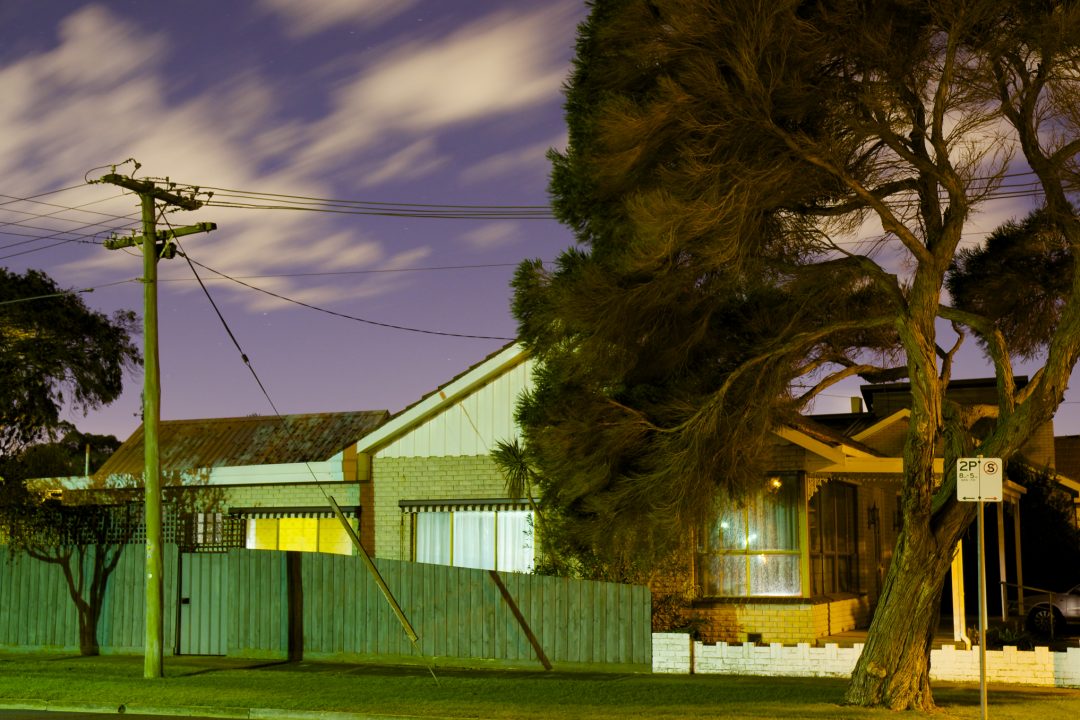
PIAC holds police to account for the misuse of powers in relation to people on bail. Our clients report excessive police visits to their homes to check bail compliance, in a way that is intrusive and unnecessarily disrupts family life. This leaves people feeling humiliated, disempowered and improperly targeted by the justice system. We are particularly concerned that this is being done without a court order, contrary to the intention of the law.
In 2021 PIAC settled a test case that challenged the power of police to conduct curfew checks at homes without a court order. Our clients were two Aboriginal people who were subjected to repeated and oppressive visits to their house by police.
In a three-month period, the police came to their house on at least 50 occasions between 9pm and 2:15am. One of our clients, who was not subject to bail conditions, was heavily pregnant at the time and her two-year-old child was living at the house. On at least six occasions the police visited twice in one night. At no time was our client found to have breached his bail. The underlying criminal charges were later withdrawn.
Following the commencement of these proceedings, the Law Enforcement Conduct Commission (LECC) launched an investigation of the practices of NSW Police in this case (Operation Cusco). A number of public examinations were held in September 2019.
We are concerned that the NSW Police approach to bail compliance checks is inconsistent with the Bail Act which provides for a Court to authorise such compliance action. Our clients’ experience points to a systematic problem regarding excessive and unreasonable curfew checking practices by Police Area Commands throughout NSW. We look forward to the findings of the LECC’s state-wide audit.